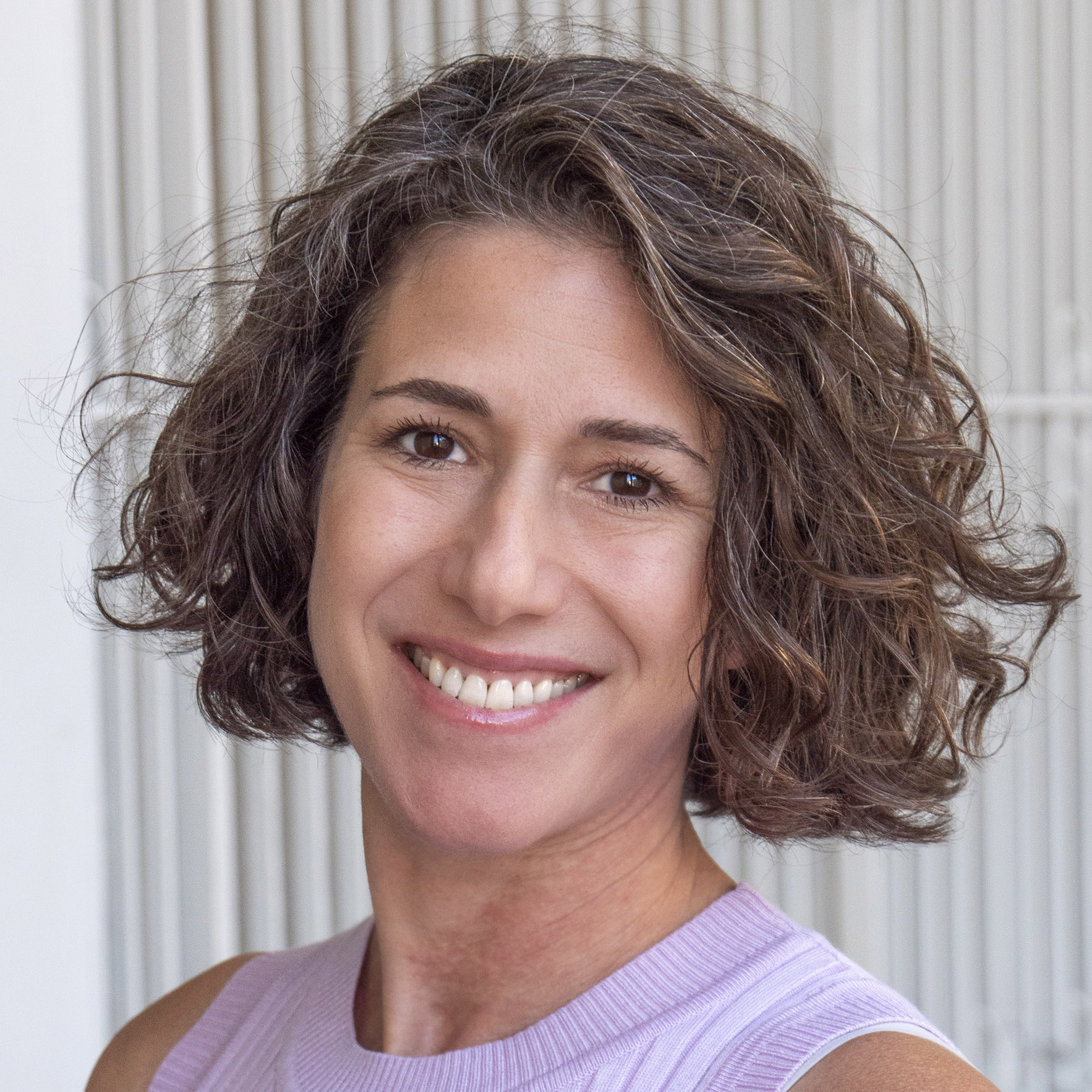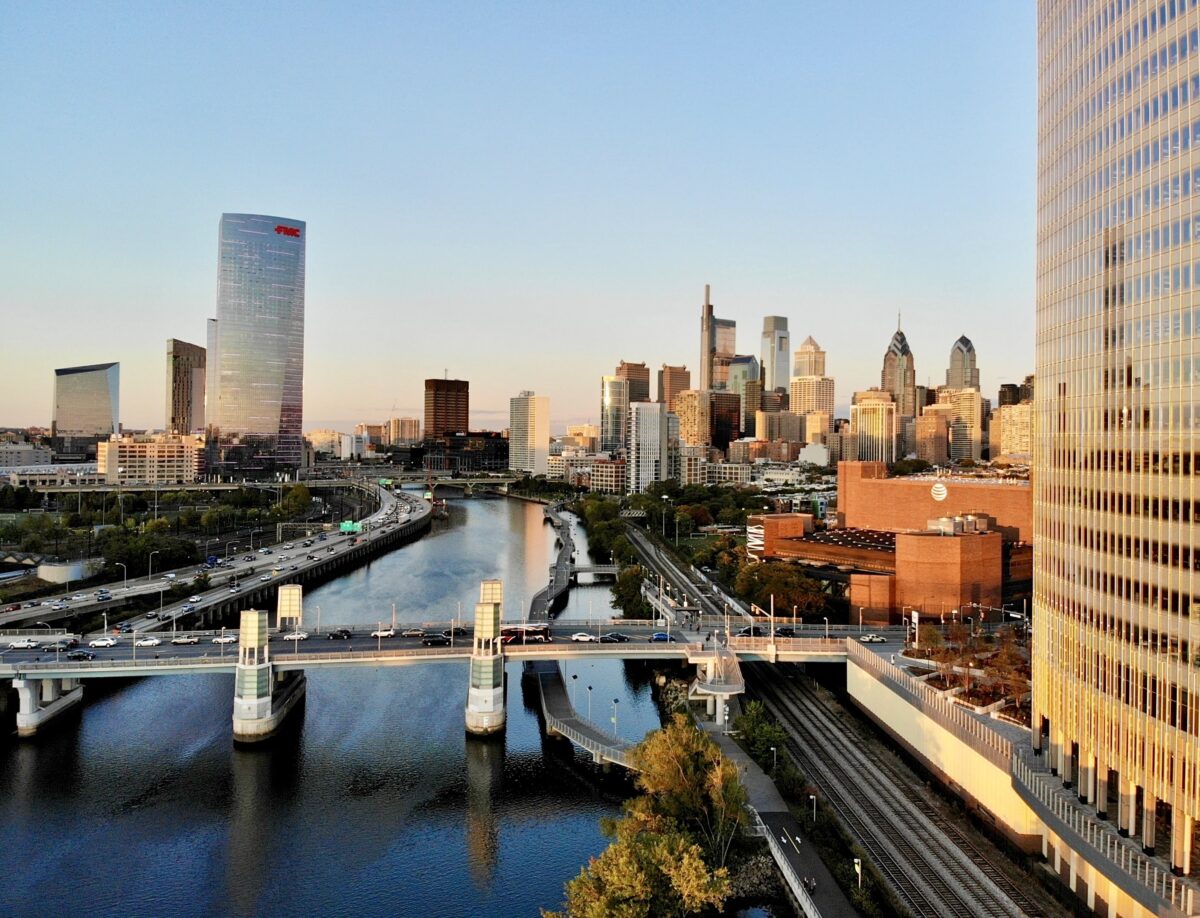As we worked on the US Economic Development Administration’s Tech Hub proposal at the Navy Yard in January, a child heard his father’s voice for the first time at CHOP thanks to that kind of breakthrough. Is any further inspiration needed?
The time is now. The moment is ours. We have almost everything we need to shine and to make these life science innovations build a more inclusive sector.
Last month, while celebrating the opening of iNest, Temple University’s beautiful new innovation home on its North Philly Health Sciences Campus, Jen Gilburg, the deputy secretary for technology and entrepreneurship for Pennsylvania’s Department of Community & Economic Development, put forth a dare:
“Brag More!” she challenged us — and she’s right.
We should. We’re going to. It is all I can think of. It is all I can see. We are on the cusp of innovation finally marrying inclusion.
When the Greater Philadelphia region was designated in the fall as one of 31 new Tech Hubs, Ben Franklin Technology Partners convened a fascinating and diverse team from across the tri-state region to work together to submit an incredible $80 million, 5-year proposal with a 10-year vision — creating PROPEL: the National Center for Precision Medicine. Over 70 organizations made specific written commitments regarding their role.
For many reasons, it was the most complex proposal I’d worked on in 30 years, but it left us energized and ready for what is possible.
Aligning with a focus on equitable growth
As a fresh new coalition, we were driven by what Drexel University Executive Vice Provost Aleister Saunders called a “once-in-a-generation opportunity” to align our finest regional assets with the power of collaboration and a focus on equitable growth like never before.
Governor Shapiro has made it clear he intends to compete and win, making investments in innovation that prioritize sectors like life sciences where our region is a global leader. His team came in first and fast to support this Tech Hub, followed quickly by Delaware and the City of Philadelphia.
A few weeks ago, the Keystone LifeSci Collaborative launched as a first regional sector partnership of its kind, after lead organization West Philadelphia Skills Initiative announced a major unsolicited grant from MacKenzie Scott to support workforce innovations that are connecting people with high quality jobs and career paths.
One week ago, Ben Franklin’s board approved new investments in groundbreaking life science companies that are creating jobs in Philadelphia and innovating in ways that will change healthcare for generations.
A day after that, the Science Center released its thoughtful theory of change, flagging the connections between the assets of our region, the role of our startups and the gap in workforce and health equity. Just like the Tech Hub.
That same night, I attended a book event with Bob Moore, who argues that partnerships — and an ecosystem approach — are a growth strategy one can’t afford to overlook. Bob is right. It is not just for the startup B2B SaaS world in which he works. Those of us who work in economic development need to focus on the goals at hand and work differently across our institutions and community organizations and across the region.
Unless we each focus on how our work drives inclusive economic growth and how we best leverage what our partners, across organizational and state lines can offer, we will not meet our potential.
Thousands of new, sustainable, high-paying jobs
The month I joined Ben Franklin, John Fry became chair of the Board of the Greater Philadelphia Chamber of Commerce. He argued at his first annual meeting that innovation without inclusion will never make us a first-rate region. I nodded vigorously — as I do now. That’s what my career has been about. But we have still not met that challenge.
With new leadership in a variety of key spots, with significant regional investment, and with the energy of this Tech Hub opportunity, I believe we are on the cusp of figuring how to make bold traction toward inclusive economic growth.
At stake for this Tech Hub alone are thousands of new, sustainable, high-paying precision medicine related jobs with great career ladders, high average salaries and tremendous economic impact — each new job is expected to create roughly 3 additional jobs in the region. We have the scientific innovations. We can do more to grow these ventures here. We can make products here. We can test them and deploy them here. And we can train people and keep the jobs here.
The pending EDA award is the crucial glue as we bring together these assets in a fresh new way. It alone could account for over 20,000 total jobs in our Greater Philadelphia region.
The time is now. The moment is ours.
For national security. For the regional economy. For our next generation. And for the health of someone you love, too.
Before you go...
Please consider supporting Technical.ly to keep our independent journalism strong. Unlike most business-focused media outlets, we don’t have a paywall. Instead, we count on your personal and organizational support.
Join our growing Slack community
Join 5,000 tech professionals and entrepreneurs in our community Slack today!

The person charged in the UnitedHealthcare CEO shooting had a ton of tech connections

From rejection to innovation: How I built a tool to beat AI hiring algorithms at their own game

How a laid-off AI enthusiast pivoted to become a founder — while holding down a day job



